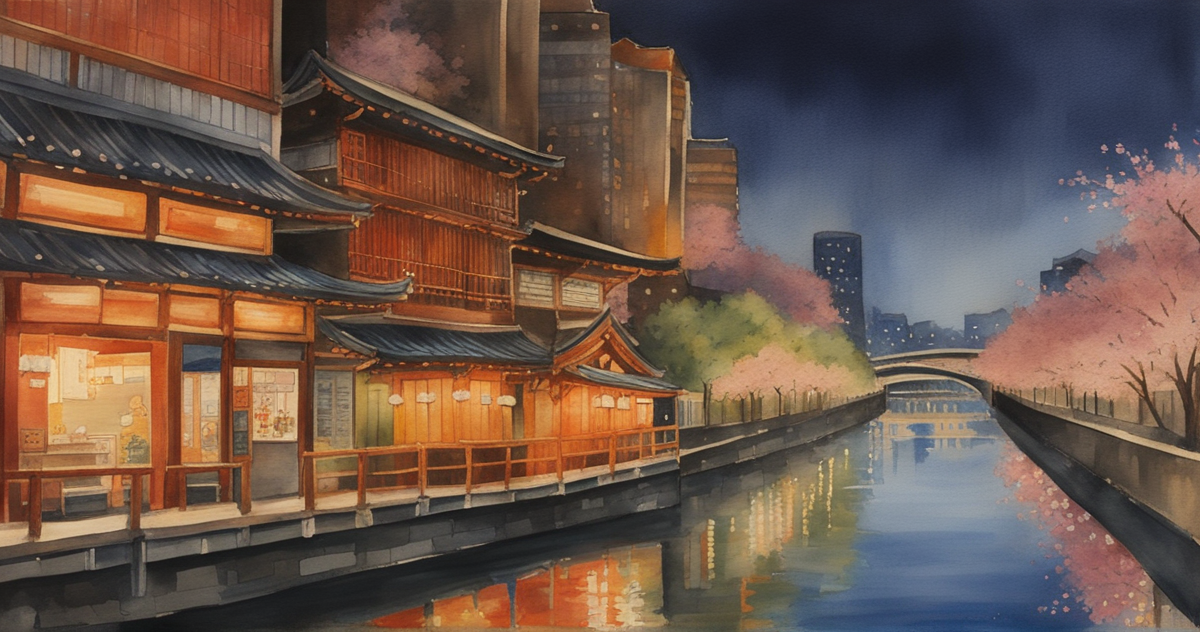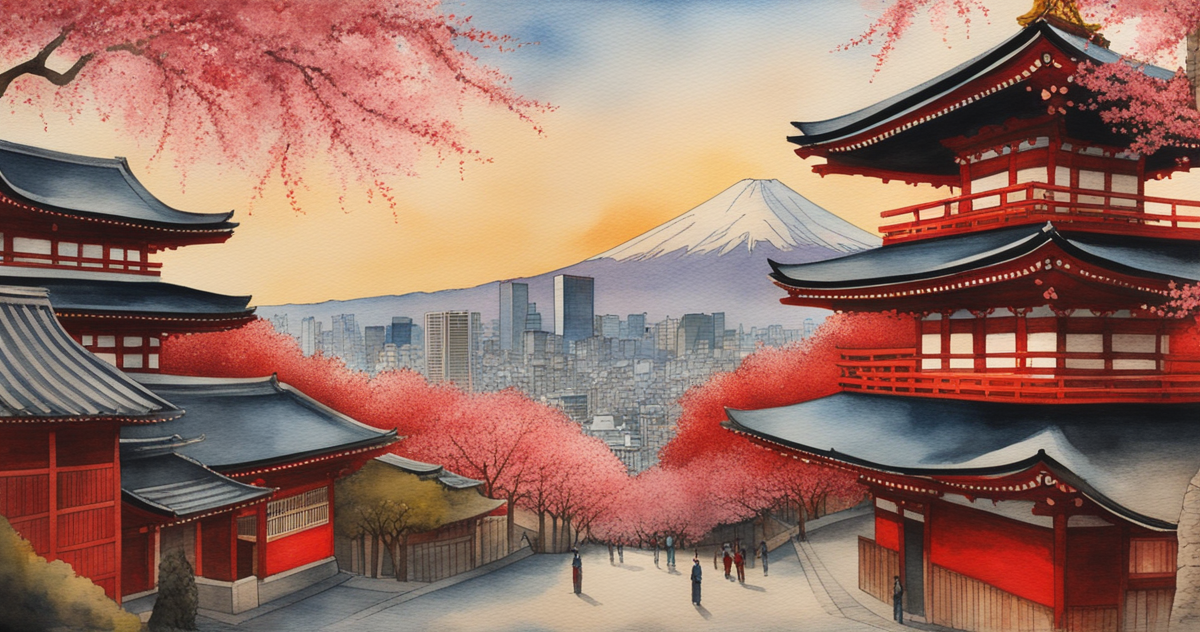3-Day Kyoto Itinerary: The Ultimate Guide to Japan's Ancient Capital (2025)

Discover Kyoto's temples, bamboo groves, and geisha districts with our perfect 3-day itinerary. From Fushimi Inari to Gion, experience Japan's cultural heart with budget tips and insider knowledge.
Quick Kyoto Overview
Best Time to Visit
March-May (cherry blossoms) and October-November (autumn colors)
Budget Range
¥8,000-25,000 per day ($55-170)
Getting Around
City Bus Day Pass (¥600), bicycle rentals, walking in central areas
Language Tip
Learn "Arigato gozaimasu" (thank you) and "Sumimasen" (excuse me)
Day 1: Eastern Kyoto Temples & Gion
Budget: ¥8,000-15,000 • Walking: 12,000 steps
Morning (8:00 AM - 12:00 PM)
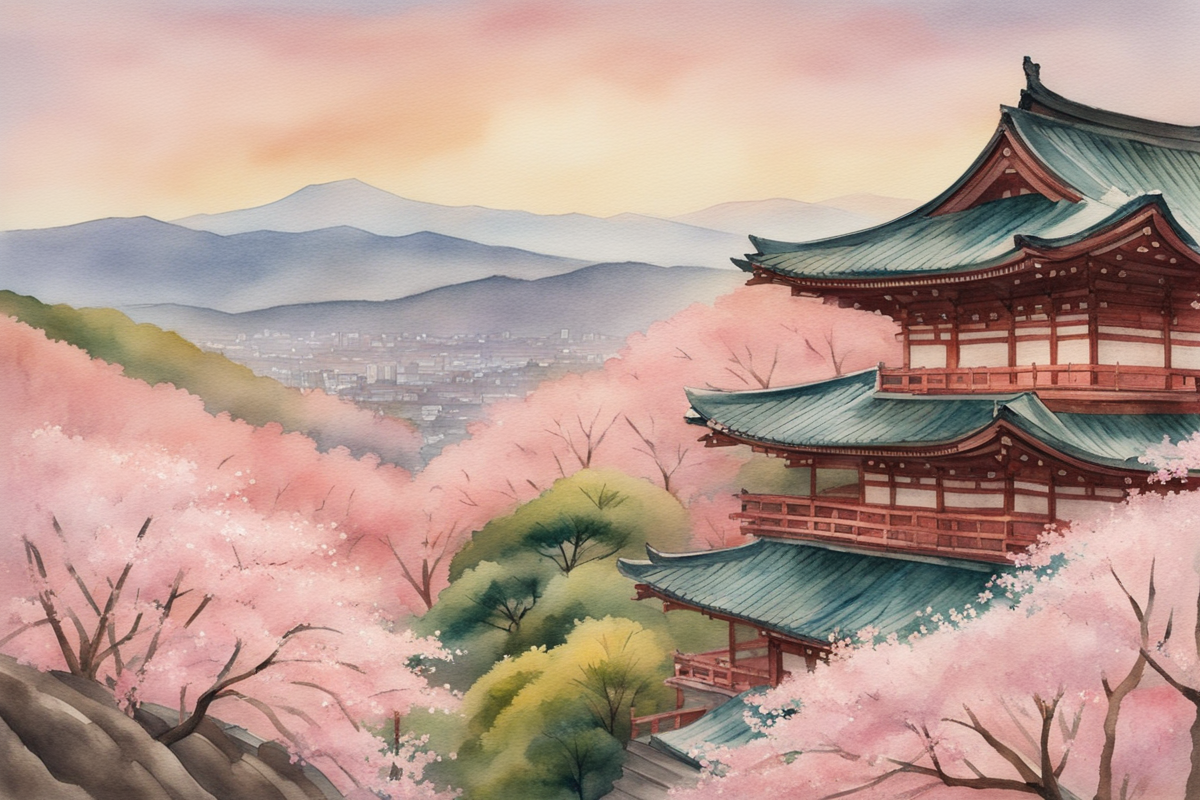
Kiyomizu-dera Temple
Start early at this UNESCO World Heritage temple famous for its wooden stage jutting out 13 meters above the hillside. The main hall offers spectacular views of the cherry and maple trees below and the city of Kyoto in the distance.
Entry: ¥400 • Opens at 6:00 AM • Bus: 100 or 206
Sannenzaka & Ninenzaka
Walk down these preserved historic streets lined with traditional wooden machiya houses. Now home to tea shops, restaurants, and souvenir stores selling Kyoto crafts and sweets.
Free • Traditional shops open from 9:00 AM
Kodai-ji Temple
Visit this elegant temple with beautiful zen gardens. Built by the widow of Toyotomi Hideyoshi, it features impressive grounds and seasonal illuminations.
Entry: ¥600 • Combination ticket with museum: ¥900
Lunch (12:00 PM - 1:30 PM)
Traditional Kyoto Lunch
- • Kikunoi Roan: Michelin-starred kaiseki lunch (¥3,500-8,000)
- • Ganko Takoyaki: Popular chain for affordable set meals (¥1,000-2,000)
- • Isetan Department Store: Restaurant floor with many options (¥1,200-3,000)
Afternoon (1:30 PM - 6:00 PM)
Maruyama Park
Kyoto's most popular park for cherry blossom viewing. Home to a famous weeping cherry tree that's illuminated at night during sakura season.
Free • Best during cherry blossom season
Yasaka Shrine
One of Kyoto's most famous shrines, especially beautiful when lanterns are lit at dusk. The shrine is particularly popular during the Gion Matsuri festival in July.
Free • Open 24 hours • Beautiful at sunset
Gion District
Kyoto's famous geisha district. Walk along Hanami-koji street for a chance to spot geiko and maiko heading to evening appointments. Respect their privacy and don't chase for photos.
Free to explore • Best time: 5:30-6:00 PM
Evening (6:00 PM - 9:00 PM)
Pontocho Alley
Narrow alley running parallel to the Kamogawa River, lined with traditional restaurants. Many offer outdoor dining platforms (kawadoko) overlooking the river in summer.
Dinner budget: ¥3,000-8,000 • Reservations recommended
Day 2: Arashiyama & Golden Temples
Budget: ¥8,000-18,000 • Nature and spirituality
Morning (8:30 AM - 12:30 PM)
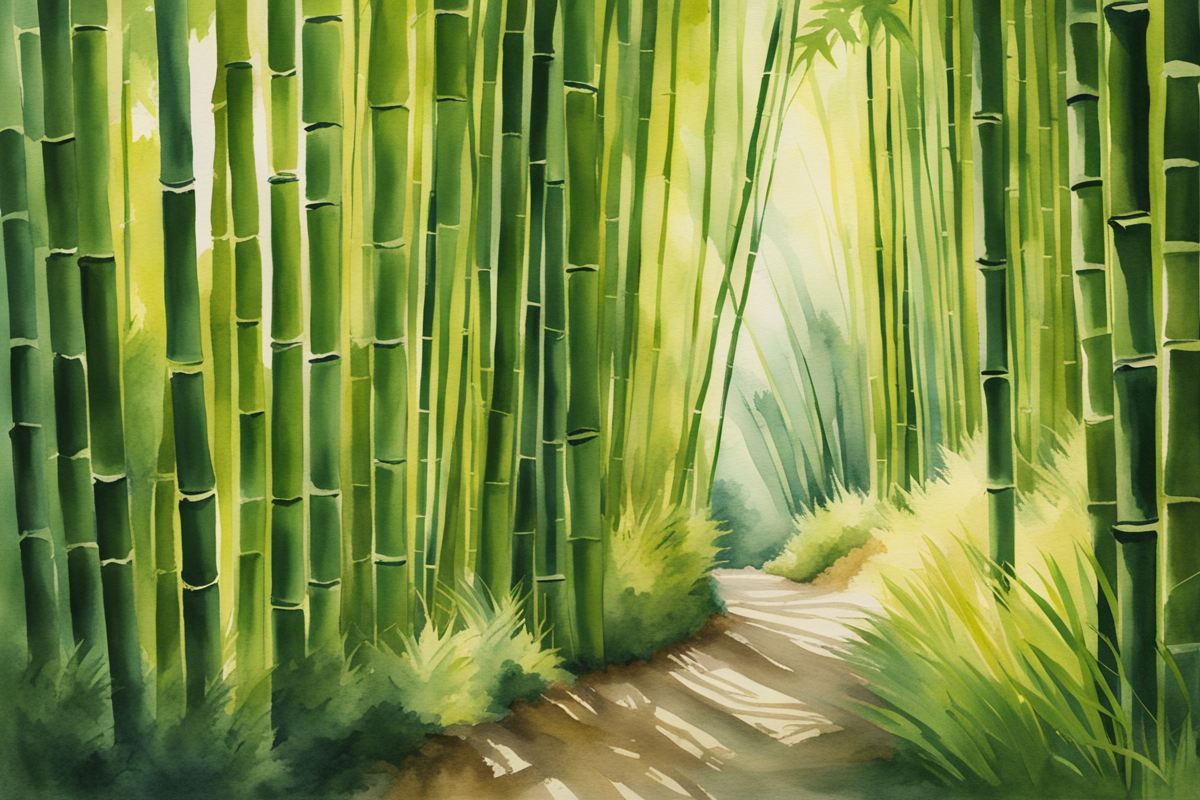
Arashiyama Bamboo Grove
Walk through the ethereal bamboo forest, one of Kyoto's most photographed sights. The towering bamboo stalks create a natural green tunnel with dappled sunlight filtering through.
Free • Best early morning to avoid crowds • JR Saga-Arashiyama Station
Tenryu-ji Temple
UNESCO World Heritage zen temple with one of Japan's most celebrated gardens. The borrowed scenery design incorporates the Arashiyama mountains into the garden view.
Garden: ¥500 • Temple + Garden: ¥800 • Opens at 8:30 AM
Iwatayama Monkey Park
Climb for 20 minutes to see Japanese macaques roaming freely. The summit offers panoramic views of Kyoto. You can feed the monkeys from inside the hut.
Entry: ¥550 • 20-minute hike • Great city views
Lunch (12:30 PM - 2:00 PM)
Arashiyama Dining
- • Arashiyama Yoshimura: Soba with river views (¥1,200-2,000)
- • Kyo-Yuzen: Traditional tofu cuisine (¥2,000-3,500)
- • Station area: Quick bento boxes (¥800-1,500)
Afternoon (2:00 PM - 6:00 PM)
Kinkaku-ji (Golden Pavilion)
Kyoto's most iconic sight - a golden temple reflected in a surrounding pond. Each floor represents a different style of architecture. Arrive by 3 PM to catch afternoon light on the gold leaf.
Entry: ¥400 • Bus 101 or 205 • No tripods allowed
Ryoan-ji Temple
Famous for Japan's most celebrated rock garden with 15 rocks arranged so that only 14 are visible from any angle. The zen garden invites contemplation and interpretation.
Entry: ¥500 • 15-minute walk from Kinkaku-ji
Evening (6:00 PM - 9:00 PM)
Nishiki Market Area
Known as "Kyoto's Kitchen," this 400-year-old covered market has over 100 shops and restaurants. Try local specialties like tsukemono (pickles), yuba (tofu skin), and matcha sweets.
Most shops close by 6 PM • Dinner in nearby restaurants: ¥2,000-5,000
Day 3: Fushimi Inari & Southern Kyoto
Budget: ¥6,000-12,000 • Spiritual journey and sake
Morning (7:00 AM - 12:00 PM)
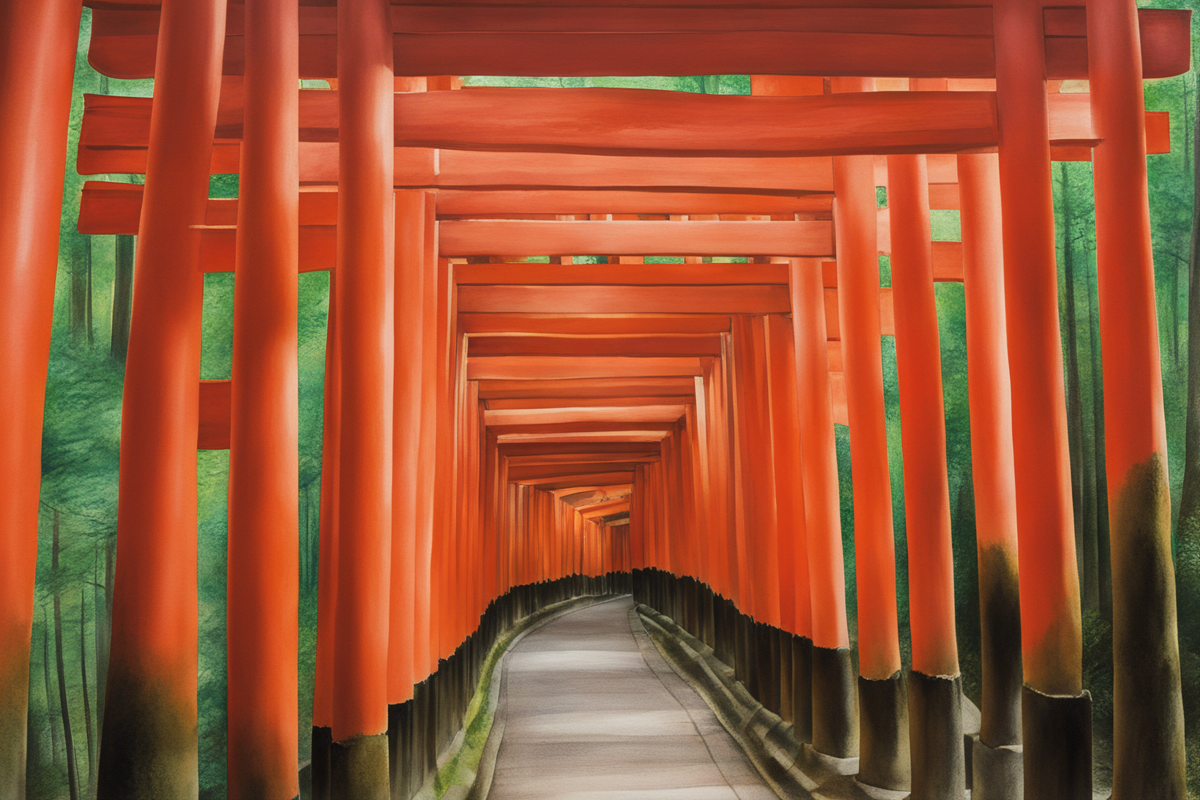
Fushimi Inari Shrine
Start early to hike through thousands of vermillion torii gates leading up Mount Inari. The full hike takes 2-3 hours but you can turn back at any point. Early morning offers the best photos without crowds.
Free • Open 24/7 • JR Inari Station • Bring water
Fox Statues & Sub-shrines
Along the way, discover hundreds of stone fox statues (Inari's messengers) and smaller shrines. Each torii gate was donated by individuals or businesses as offerings.
Look for your birth year on gates • Rest stations along the path
Lunch (12:00 PM - 1:30 PM)
Fushimi Area Lunch
- • Inari station area: Inari sushi and kitsune udon (¥800-1,500)
- • Fushimi Sake District: Sake brewery restaurants (¥1,500-3,000)
- • Vermillion Cafe: Modern cafe near the shrine (¥1,000-2,000)
Afternoon (1:30 PM - 5:00 PM)
Fushimi Sake District
Explore this historic sake brewing district. Visit Gekkeikan Okura Sake Museum for tastings and learn about traditional brewing. The district's canals and white-walled breweries are picturesque.
Museum: ¥400 (includes tasting) • Keihan Main Line to Chushojima
Tofuku-ji Temple
Famous for its spectacular autumn colors and the Tsutenkyo Bridge. The zen gardens here are considered among Kyoto's finest, especially the moss and rock gardens.
Entry: ¥400 • Gardens: +¥400 • JR/Keihan Tofukuji Station
Evening (5:00 PM - 8:00 PM)
Philosopher's Path (if time permits)
End your Kyoto journey with a peaceful walk along this cherry-tree-lined canal path. Named after philosopher Nishida Kitaro who meditated here daily. Particularly beautiful at sunset.
Free • 2km walk • Bus 5, 17, or 100
Farewell Dinner
Choose between a kaiseki experience in Gion, casual izakaya in Pontocho, or return to Nishiki Market area for diverse options. Book ahead for special experiences.
Budget: ¥3,000-10,000 depending on choice
3-Day Budget Breakdown
Budget Traveler
- Accommodation/night: ¥3,000-5,000
- Meals/day: ¥2,000-3,500
- Transport/day: ¥600-1,000
- Activities/day: ¥1,200-2,500
- Total/day: ¥6,800-12,000
- ($46-82 USD)
Mid-Range Traveler
- Accommodation/night: ¥8,000-15,000
- Meals/day: ¥4,000-8,000
- Transport/day: ¥1,000-2,000
- Activities/day: ¥2,500-5,000
- Total/day: ¥15,500-30,000
- ($105-204 USD)
Luxury Traveler
- Accommodation/night: ¥25,000-60,000
- Meals/day: ¥10,000-20,000
- Transport/day: ¥2,000-5,000
- Activities/day: ¥5,000-10,000
- Total/day: ¥42,000-95,000
- ($286-646 USD)
Essential Kyoto Travel Tips
🚌 Transportation
- • Kyoto City Bus Pass: ¥600 for unlimited daily rides
- • Bicycle rental: ¥1,000-1,500/day for easy temple hopping
- • JR Pass: Covers JR trains to Arashiyama and Inari
- • Walking: Many temples are clustered, making walking efficient
⛩️ Temple Etiquette
- • Bow before entering: Show respect at torii gates
- • Remove shoes: Required for temple buildings
- • Photography: Often prohibited inside main halls
- • Silence: Maintain quiet reverence in sacred spaces
🍵 Cultural Experiences
- • Tea ceremony: Book at temples or cultural centers (¥2,000-5,000)
- • Kimono rental: Popular in Gion area (¥3,000-8,000/day)
- • Maiko performance: Evening shows with dinner (¥5,000-10,000)
- • Zen meditation: Early morning sessions at temples (often free)
💰 Money Matters
- • Cash essential: Many temples and shops don't accept cards
- • Combination tickets: Save money at temple complexes
- • Early bird: Some temples offer discounts before 9 AM
- • Student discounts: Available with international student ID
Seasonal Kyoto
🌸 Spring (March-May)
Peak season with cherry blossoms but expect crowds.
- • Book accommodation 2-3 months ahead
- • Hanami parties in Maruyama Park
- • Special evening illuminations at temples
☀️ Summer (June-August)
Hot and humid but with unique festivals.
- • Gion Matsuri in July (Japan's most famous festival)
- • Riverside dining on kawadoko platforms
- • Early morning temple visits to beat heat
🍂 Autumn (September-November)
Spectacular fall colors rival cherry blossom season.
- • Peak foliage late November
- • Special temple illuminations
- • Perfect weather for walking
❄️ Winter (December-February)
Fewer crowds and serene snow-covered temples.
- • Best deals on accommodation
- • New Year celebrations at shrines
- • Hot springs (onsen) nearby
Where to Stay in Kyoto
🏮 Gion District (Traditional Experience)
Stay in the heart of geisha culture with easy access to eastern temples.
- • Traditional atmosphere
- • Walk to major temples
- • Chance to see geiko
- • More expensive
- • Can be touristy
- • Limited dining late night
¥8,000-40,000/night
🚉 Kyoto Station Area (Convenient)
Modern hotels with excellent transport connections.
- • Direct airport access
- • Many hotel options
- • Shopping and dining
- • Less traditional feel
- • Further from temples
- • Business district vibe
¥5,000-25,000/night
🌉 Central Kyoto (Best of Both)
Near Nishiki Market and downtown, balanced location.
- • Central to everything
- • Great food scene
- • Mix of old and new
- • Can be noisy
- • Tourist crowds
- • Premium prices
¥6,000-30,000/night
